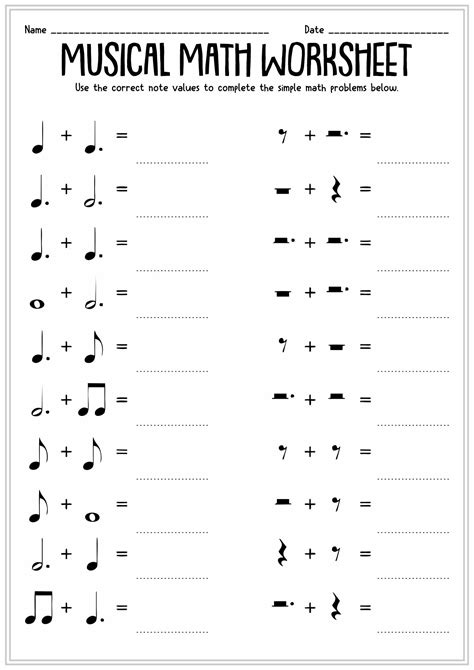Music has been shown to have a variety of benefits for students, including improving focus, memory, and mood. But not all music is created equal. Some types of music may be better suited for studying math than others.

Relaxation
Music with slow, calm tempos can help to relax the mind and body, which can be beneficial for studying math. A study by the University of California, Irvine, found that students who listened to relaxing music while studying for a math test scored higher than students who did not listen to music.
Focus
Music with faster, more upbeat tempos can help to focus the mind and improve concentration. A study by the University of North Carolina, Greensboro, found that students who listened to fast-paced music while studying for a math test scored higher than students who listened to slow-paced music.
Memory
Music can help to improve memory by creating a stronger association between the information being studied and the music itself. A study by the University of Toronto found that students who listened to music while studying for a math test were better able to recall the information on the test than students who did not listen to music.
Mood
Music can also help to improve mood, which can be beneficial for studying math. A study by the University of Missouri found that students who listened to upbeat music while studying for a math test were more likely to report feeling positive and optimistic than students who did not listen to music.
When choosing music to study math, it is important to consider the following factors:
- Tempo: The tempo of the music should be appropriate for the task at hand. Faster-paced music may be better for focusing and concentration, while slower-paced music may be better for relaxation and memory.
- Volume: The volume of the music should be low enough to avoid distraction, but loud enough to be heard clearly.
- Genre: The genre of music is a matter of personal preference. Some people may find that they can focus better with classical music, while others may prefer pop or rock music.
Here are a few tips for studying math with music:
- Create a playlist: Create a playlist of songs that you find relaxing, focusing, or motivating.
- Listen to music in the background: Listen to music in the background while you study. This will help to create a more conducive learning environment.
- Take breaks: Take breaks from studying to listen to music. This will help to prevent burnout and keep you focused.
- Experiment: Experiment with different types of music to find what works best for you. There is no one-size-fits-all approach to studying math with music.
Music can be a valuable tool for studying math. By choosing the right music and using it in the right way, you can improve your focus, memory, and mood, and ultimately achieve better results in your math studies.
| Music Tempo | Recommended for: | Benefits: |
|---|---|---|
| Slow (60-80 BPM) | Relaxation, memory | Reduces stress, improves concentration |
| Moderate (80-120 BPM) | Focus, concentration | Improves mood, enhances alertness |
| Fast (120-160 BPM) | Energy, motivation | Increases focus, improves attention |
| Music Volume | Recommended for: | Benefits: |
|---|---|---|
| Low (20-40 dB) | Relaxation, focus | Reduces distraction, creates a calming environment |
| Moderate (40-60 dB) | Concentration, memory | Improves focus, enhances cognitive function |
| Loud (60-80 dB) | Energy, motivation | Boosts mood, increases energy levels |
| Music Genre | Recommended for: | Benefits: |
|---|---|---|
| Classical | Relaxation, focus | Reduces stress, improves concentration |
| Pop | Motivation, energy | Enhances mood, increases motivation |
| Rock | Focus, concentration | Improves alertness, enhances attention |
| Music Preferences | Recommended for: | Benefits: |
|---|---|---|
| Upbeat music | Focus, motivation | Improves mood, increases energy levels |
| Relaxing music | Relaxation, memory | Reduces stress, improves concentration |
| Instrumental music | Focus, concentration | Eliminates distractions, enhances cognitive function |
